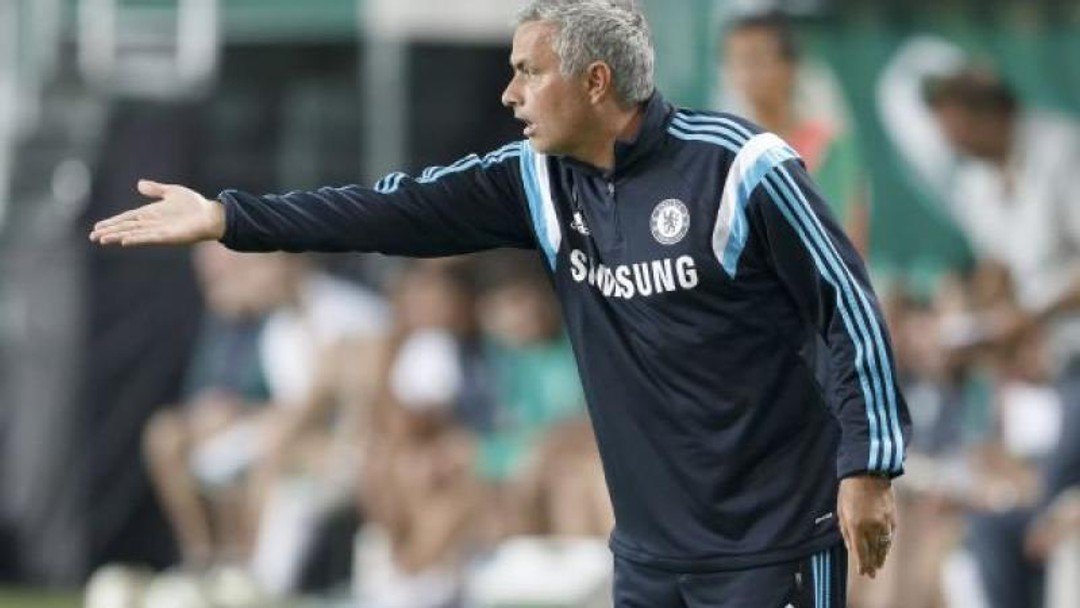An away game at the tribunal for Mourinho?

As Dr Eva Carneiro prepares to tackle Chelsea FC in the employment tribunal, Nick Wilcox discusses the case and the law relating to unfair dismissal
After the apparent failure of private judicial mediation to lead to a settlement, the employment tribunal case brought by Dr Eva Carneiro against Chelsea FC and Jose Mourinho looks set to proceed to a very public trial on 6 June.
Despite the fierce media glare, the parties have remained tight-lipped about the case. Little is known about the way it has been pleaded by any of the parties. What is known is that Dr Carneiro's claim against Chelsea is based on her alleged constructive dismissal, that being a means by which claimants can bring proceedings for unfair and wrongful dismissal.
Unfair dismissal compensation is capped at approximately £78,000, although Dr Carneiro is presumably also making a claim against Chelsea for sex discrimination, which, if proven, would effectively remove the compensatory cap. She is also reported to be suing Mourinho personally, in a connected claim for alleged discrimination, potentially making him jointly and severally liable for any damages awarded in respect of the alleged discriminatory conduct.
Public statements by the parties about the possibility of settlement have been equally measured, with Dr Carneiro's legal team confirming little more than that she seeks a full public apology from Mourinho. The tribunal does not have the power to order this as a remedy, but it would be open to the parties to agree it through a settlement.
Constructive dismissal
In constructive dismissal cases, claimant employees typically seek to rely on one or more breaches by the employer of the implied duty of trust and confidence. The classic statement of that duty was approved by the House of Lords in Malik v Bank of Credit and Commerce International [1997] UKHL 23: 'The employer must not, without reasonable and proper cause, conduct itself in a manner calculated and likely to destroy or seriously damage the relationship of trust and confidence between employer and employee.' It has since been clarified that what is meant is 'calculated or likely' - this means the employee does not need to prove the employer actually intended to damage trust and confidence, only that its behaviour meant this was likely.
The case revolves around events that took place during Chelsea's draw with Swansea City on the opening day of this season. Having twice been beckoned onto the pitch by the referee, Dr Carneiro and her physio colleague Jon Fearn entered the field of play to give treatment to Chelsea midfielder Eden Hazard.
Those actions appeared to incur the wrath of Mourinho, who allegedly swore at one or both of them in Portuguese and remonstrated with Dr Carneiro on her return to the touchline. He afterwards said his medical staff were 'impulsive and naive' and did not 'understand the game', as their treating Hazard meant the team was temporarily down to nine men, given that another player had already been sent off. 'Whether you are a kit man, doctor, or secretary on the bench you have to understand the game,' Mourinho said.
Shortly afterwards, it emerged that Dr Carneiro's
role at the club was to be downgraded. She was reportedly stripped of her match day responsibilities
and limited to the team's training base.
Observers can only speculate, as the proceedings have been held in private so far, but it is possible that each of these instances of the doctor's treatment, or perhaps all of them taken together, form the grounds for her claim in constructive dismissal.
Duty of care
As a doctor, Eva Carneiro's primary duty of care is to act in the best interests of her patients, which in this case was the player on the ground. There have been instances of serious injury in top-level football in recent years.
The guidance of the General Medical Council states: 'In an emergency, wherever it arises, you must offer assistance, taking account of your own safety, your competence, and the availability of other options for care.' Had Dr Carneiro not assisted, it seems she could have been subject to disciplinary action herself.
In its defence, the club would need to show that it had reasonable or proper cause to take the steps it did in relation to Dr Carneiro. This may be difficult, given that she appears to have been penalised for doing her job.
For both lawyers and football fans, the case throws up some interesting aspects of the dynamics between the written rules of the law and the unwritten rules of the game.
If the claim does not settle before 6 June, then the trial will be held in public. Witness statements and documents referred to in the tribunal, including emails and texts, would become publicly accessible, and those called to give evidence could include Mourinho, referee Michael Oliver, Jon Fearn, and, of course, Dr Carneiro herself.
 Nick Wilcox is a senior employment lawyer at BDBF @BDBF_LLP
Nick Wilcox is a senior employment lawyer at BDBF @BDBF_LLP
